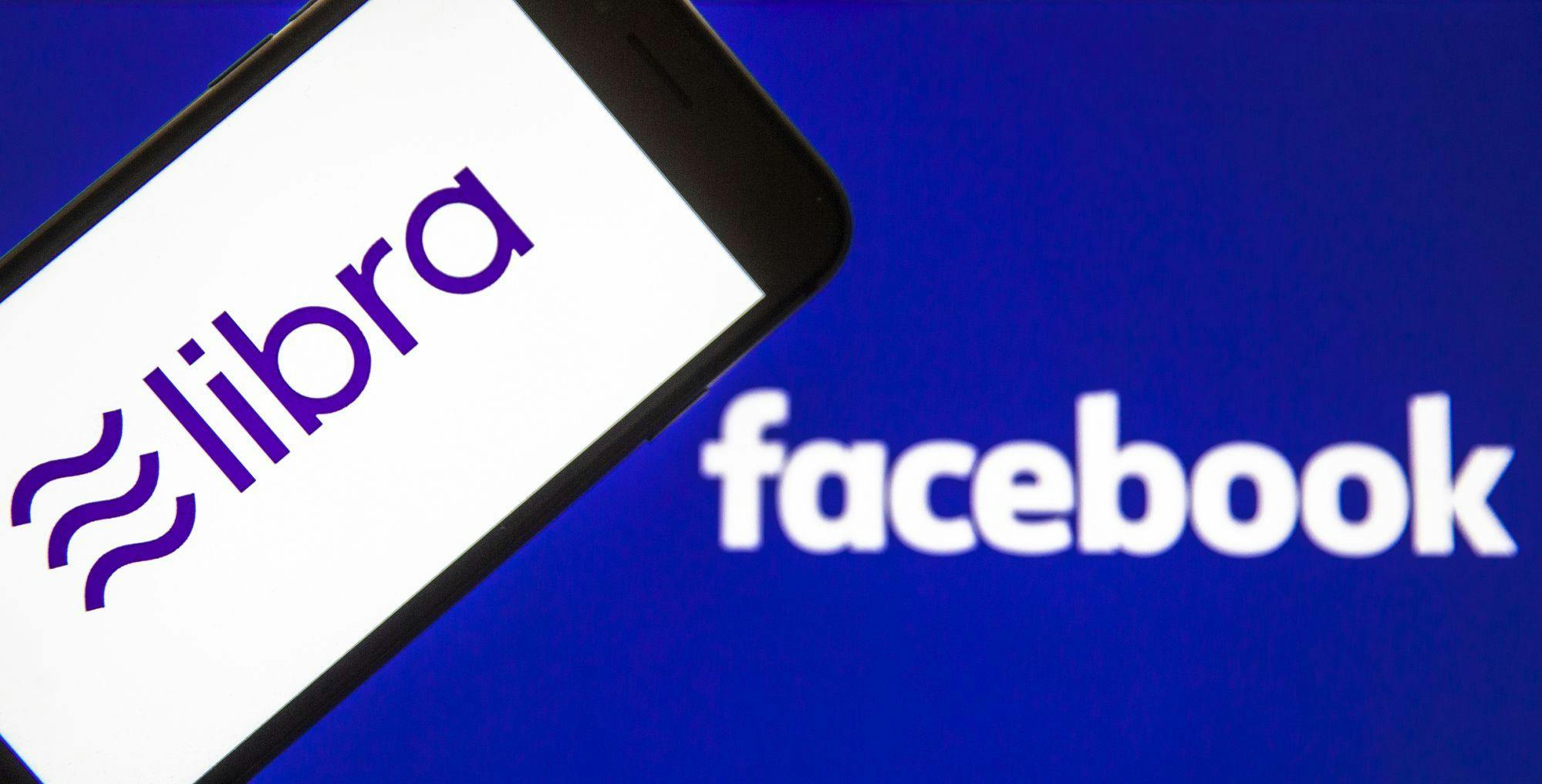288 reads
Why The Death of Libra May be a Good Thing For The Crypto Landscape
by
November 28th, 2020
Peter Jobes is a tech and business writer having worked with PA and clients like Tesco, and RAC. CMO at Solvid.
About Author
Peter Jobes is a tech and business writer having worked with PA and clients like Tesco, and RAC. CMO at Solvid.
